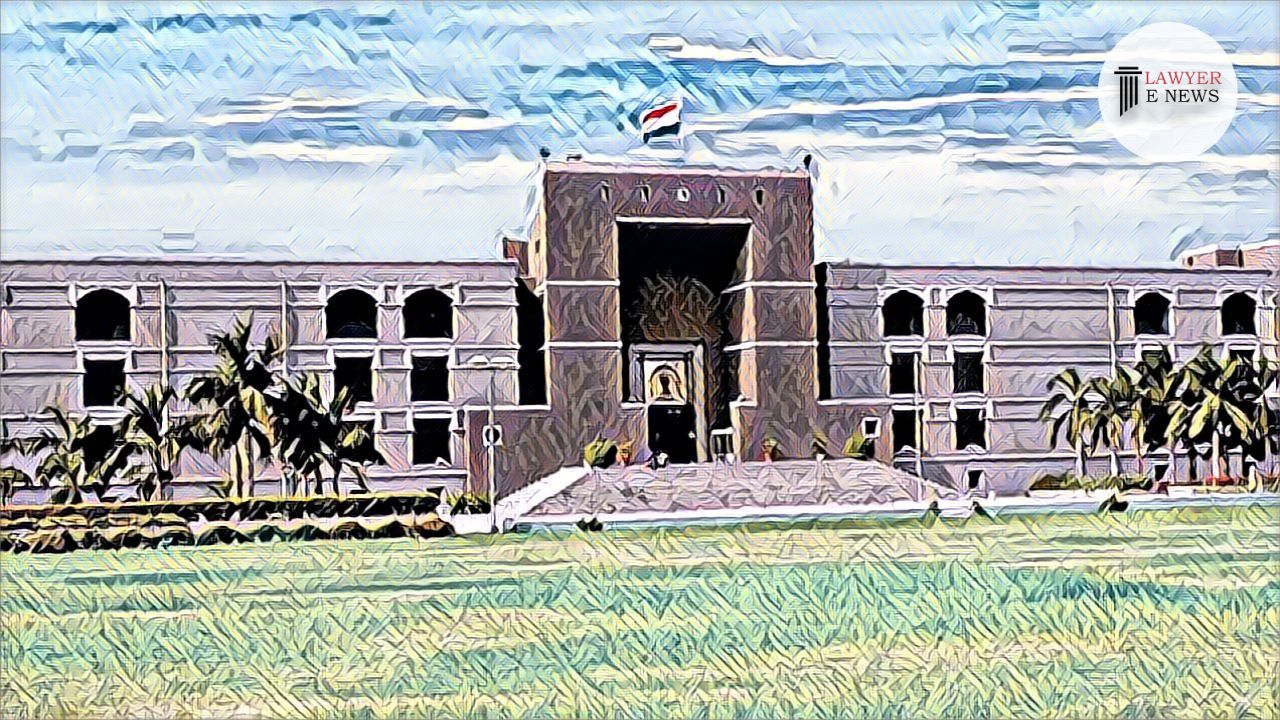-
by sayum
14 February 2026 2:22 PM



In a significant ruling, the High Court of Gujarat at Ahmedabad addressed procedural irregularities in a Labour Court decision regarding the dismissal of an employee for repeated unauthorized absences. The bench of Hon’ble Mr. Justice Biren Vaishnav and Hon’ble Mr. Justice Pranav Trivedi highlighted the necessity of allowing the employer to present evidence before making a ruling on such dismissals.
The case revolved around Rajeshbhai Ramjibhai Purabiya, a former employee of Rajkot Municipal Corporation, dismissed for repeated absences under Section 56(2) of the Gujarat Provincial Municipal Corporation Act, 1949. The dismissal had been previously overturned by the Labour Court, which reinstated the employee with 20% back wages citing a violation of the principles of natural justice, as the employer was not given an opportunity to prove the charges due to a defective inquiry process.
Rajeshbhai was dismissed from his position as a sweeper on June 18, 2011, leading to multiple legal battles culminating in this appeal. The primary issues discussed in the court were:
Whether the Labour Court erred in reinstating the employee without allowing the Municipal Corporation to present evidence.
The application of principles of natural justice concerning procedural fairness in the dismissal process.
The High Court meticulously analyzed the previous proceedings and emphasized that the Labour Court should have permitted the employer to lead evidence to establish the charges of misconduct. Justice Biren Vaishnav noted, “A defective inquiry or no inquiry stands on the same footing,” referencing Apex Court precedents which support the need for an employer to have an opportunity to justify dismissals when procedural errors are present.
Justice Vaishnav further elaborated on the necessity of procedural justice, stating, “When a case of dismissal or discharge of an employee is referred for industrial adjudication, the labour court should first decide whether the domestic enquiry has violated the principles of natural justice.” The court criticized the Labour Court’s oversight in not addressing this crucial procedural aspect as a preliminary issue, which ultimately affects the fairness of the judicial process.
Decision of the High Court The High Court set aside the orders of both the Labour Court and the Single Judge, remanding the matter back to the Labour Court with directions to allow the Rajkot Municipal Corporation to present evidence substantiating the dismissal of Rajeshbhai Ramjibhai Purabiya. The case must be decided within six months, with both parties expected to cooperate fully in the expedited proceedings.
Date of Decision: April 29, 2024
Rajkot Municipal Corporation vs. Rajeshbhai Ramjibhai Purabiya
